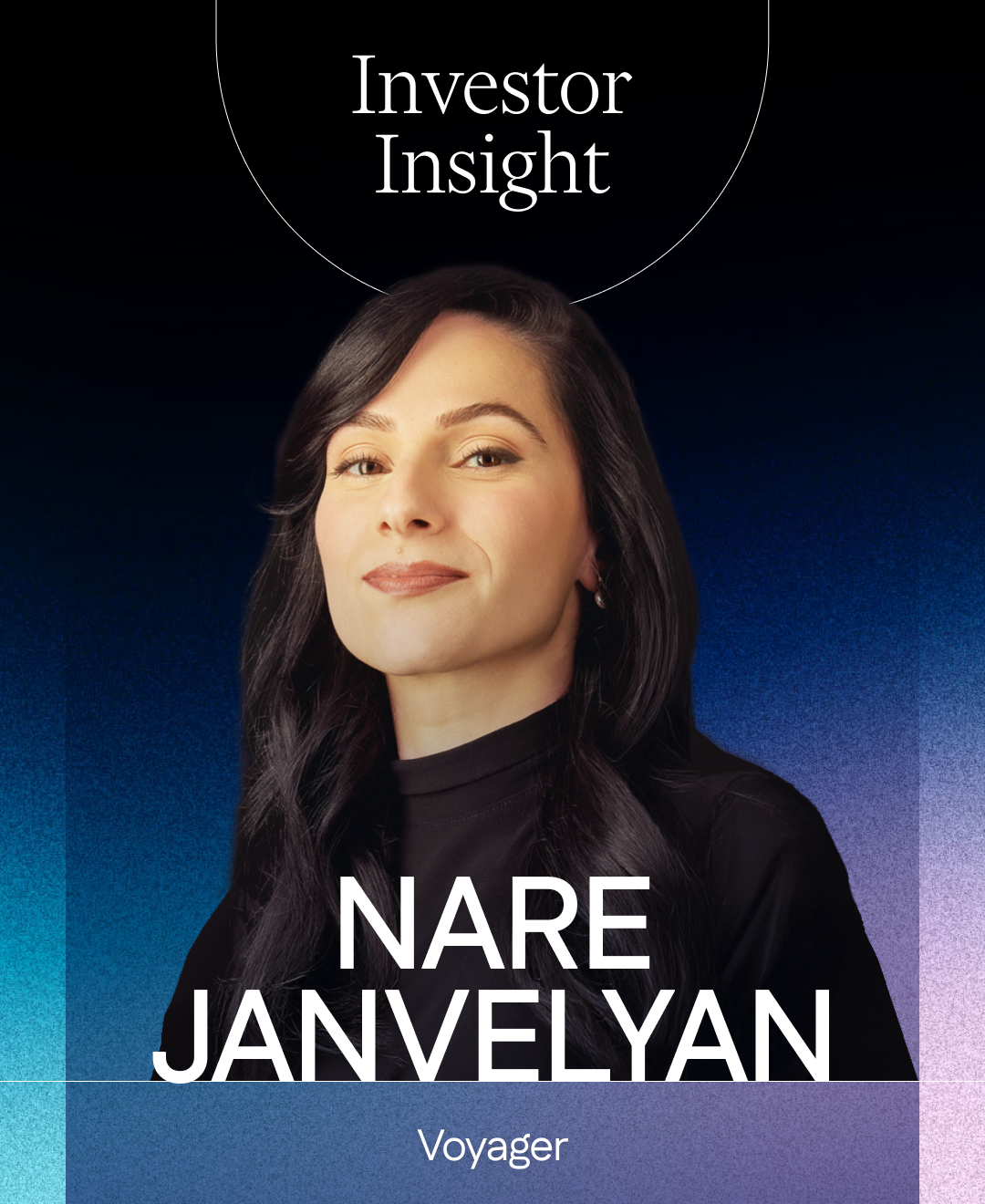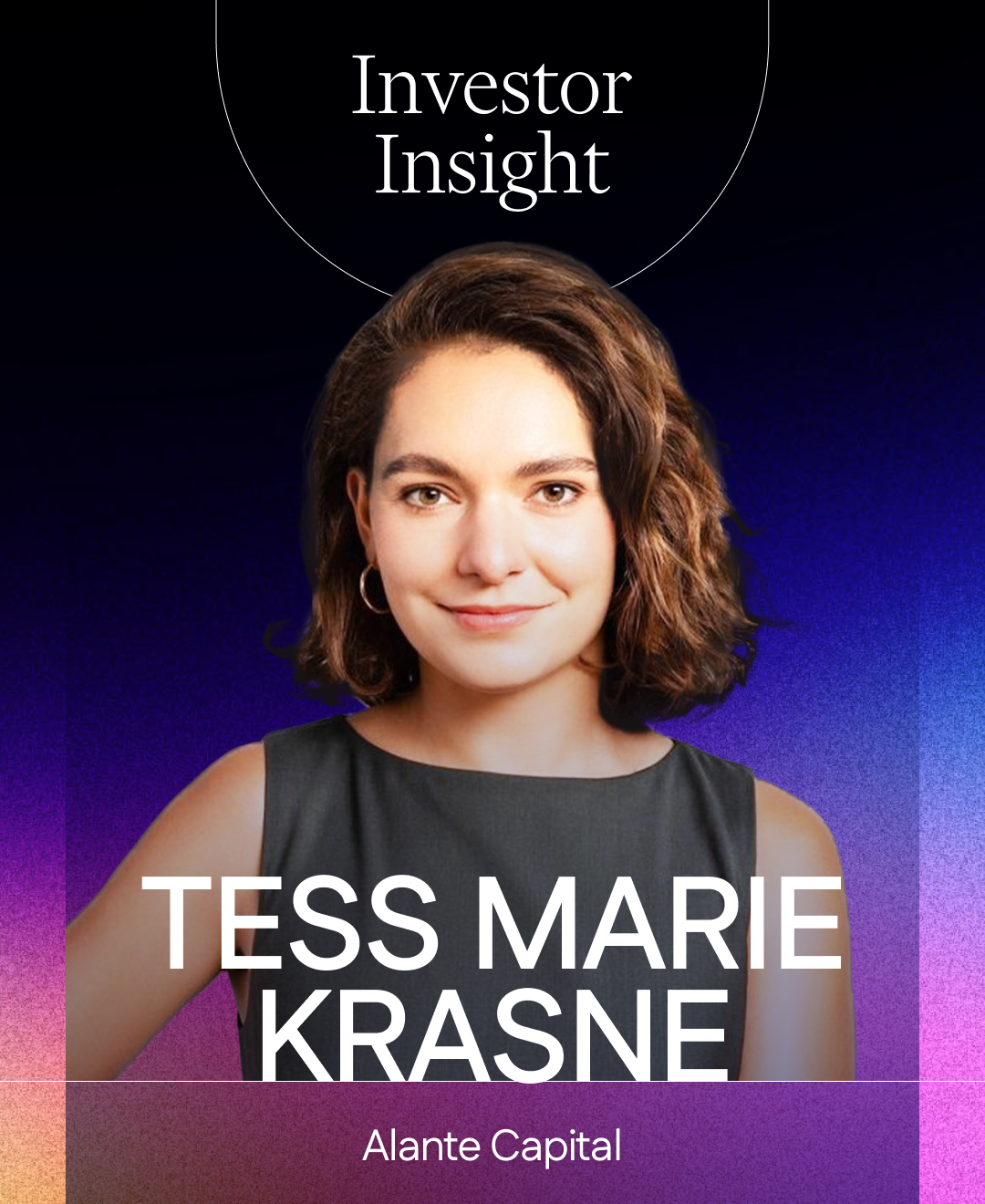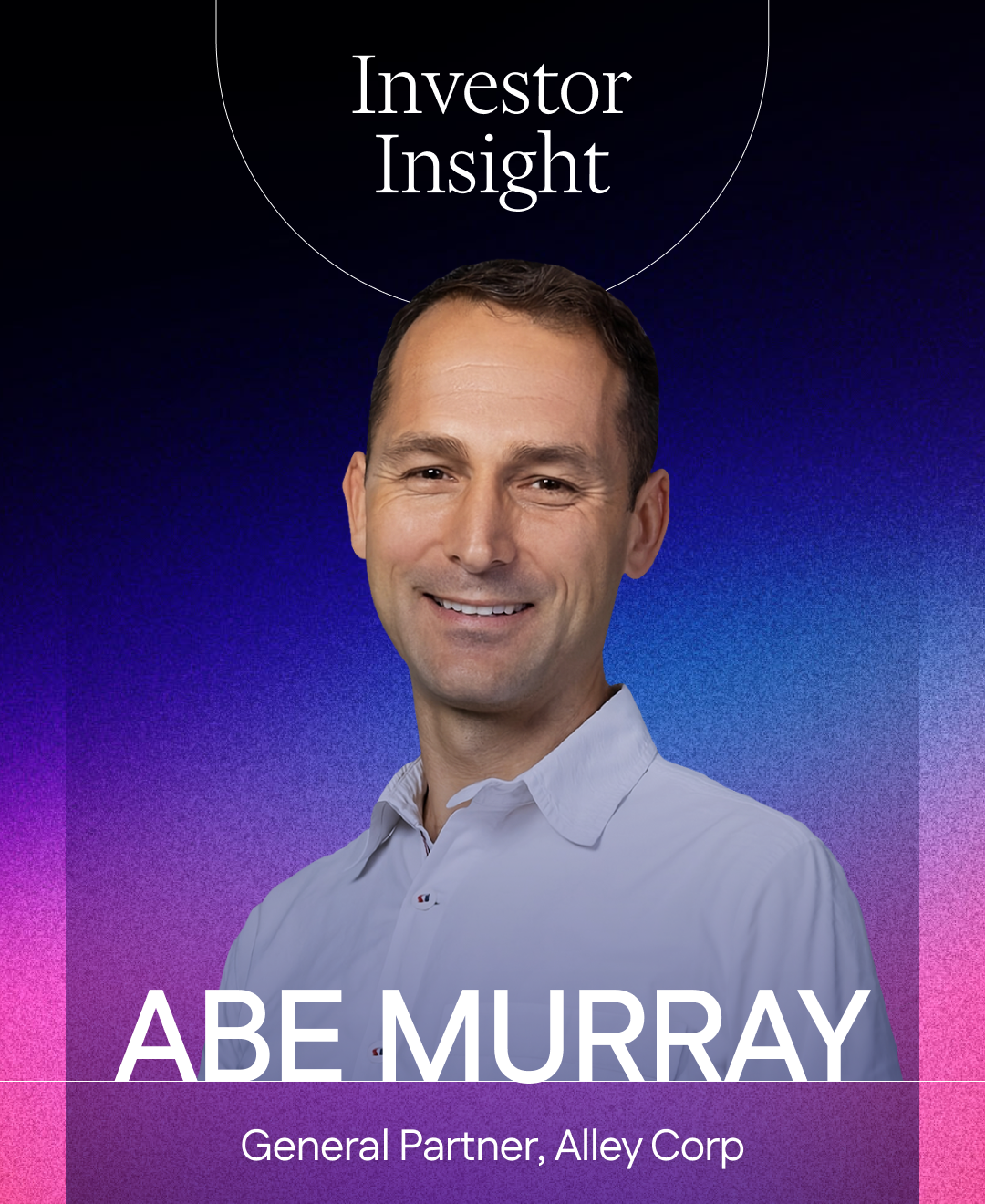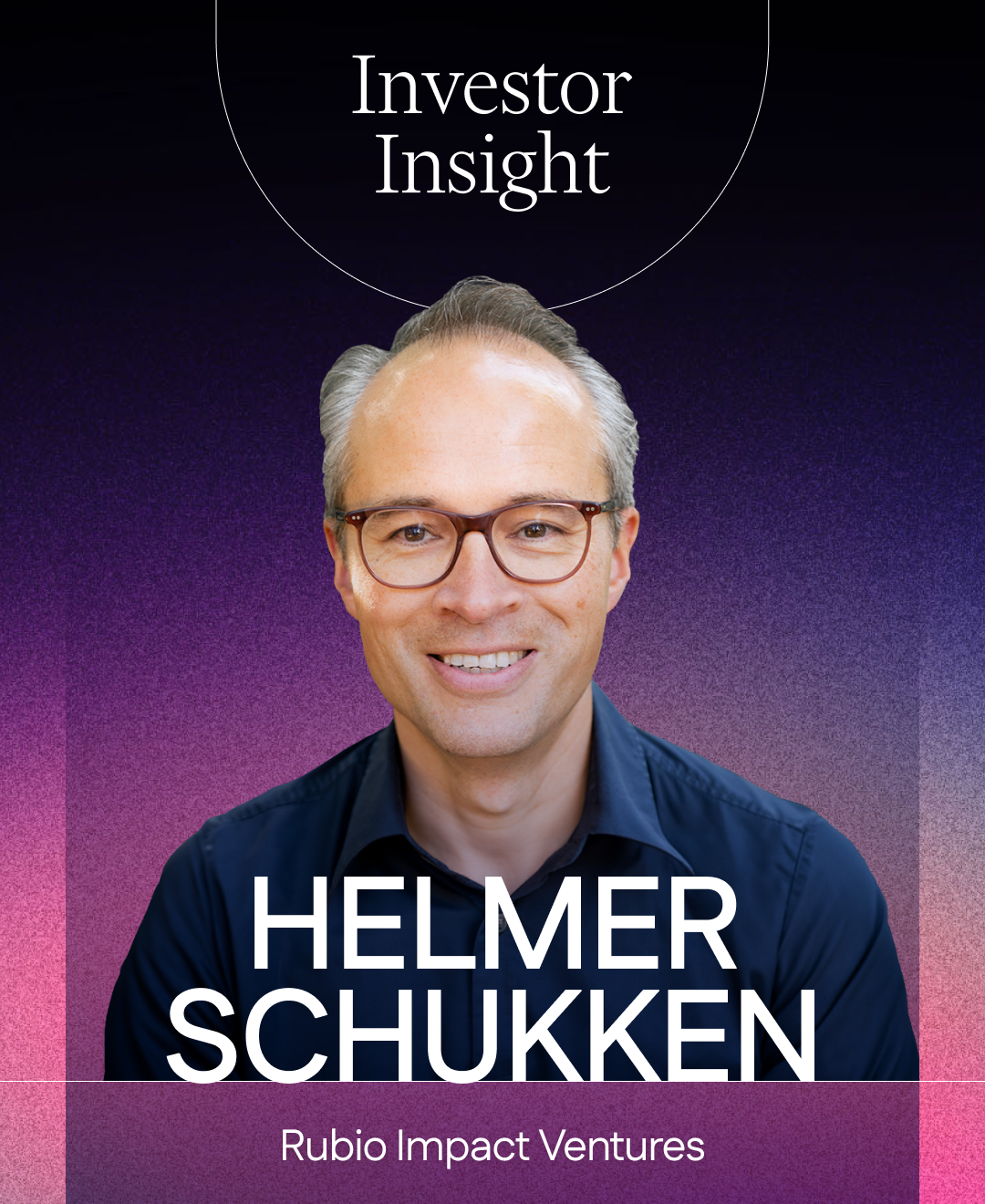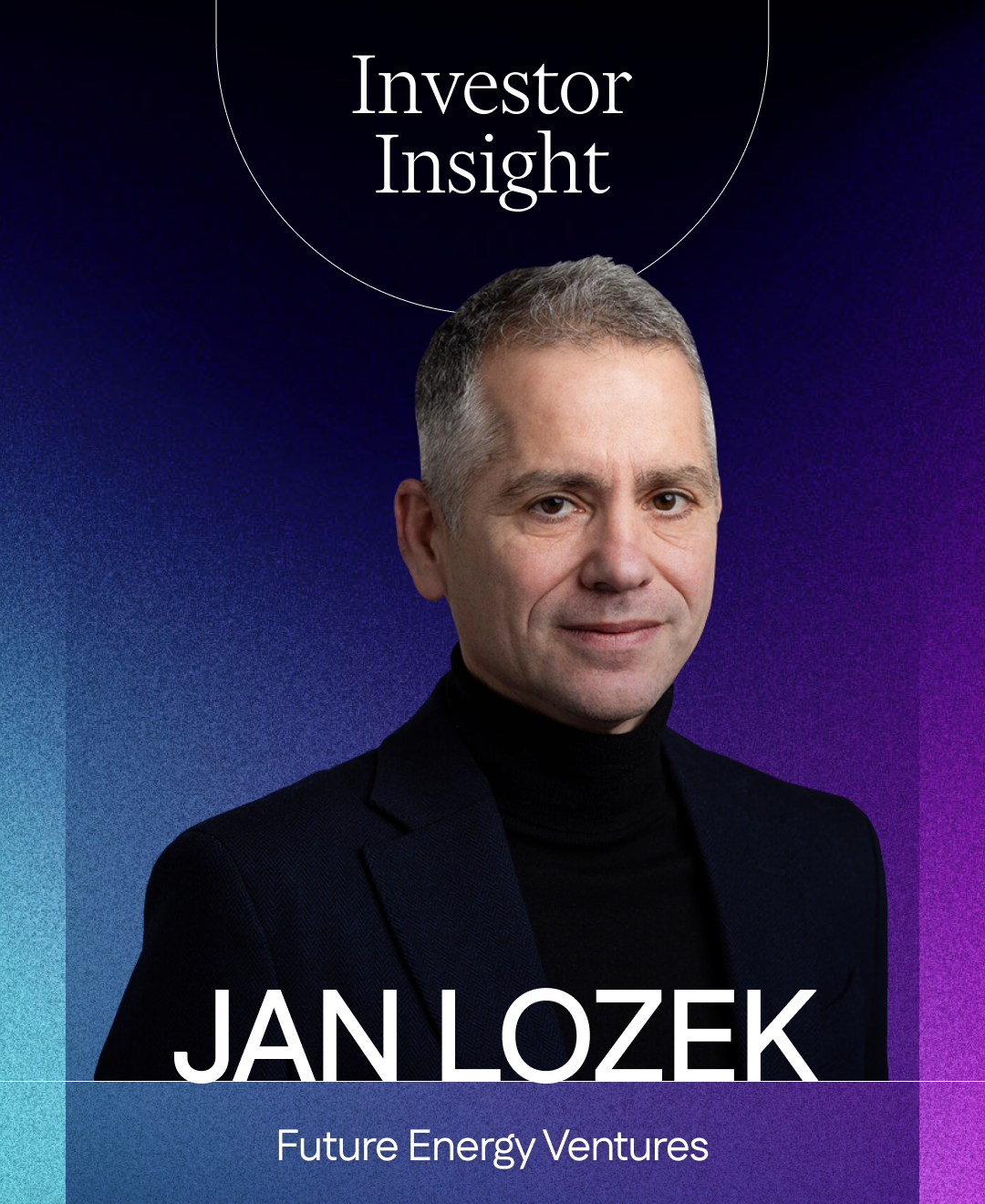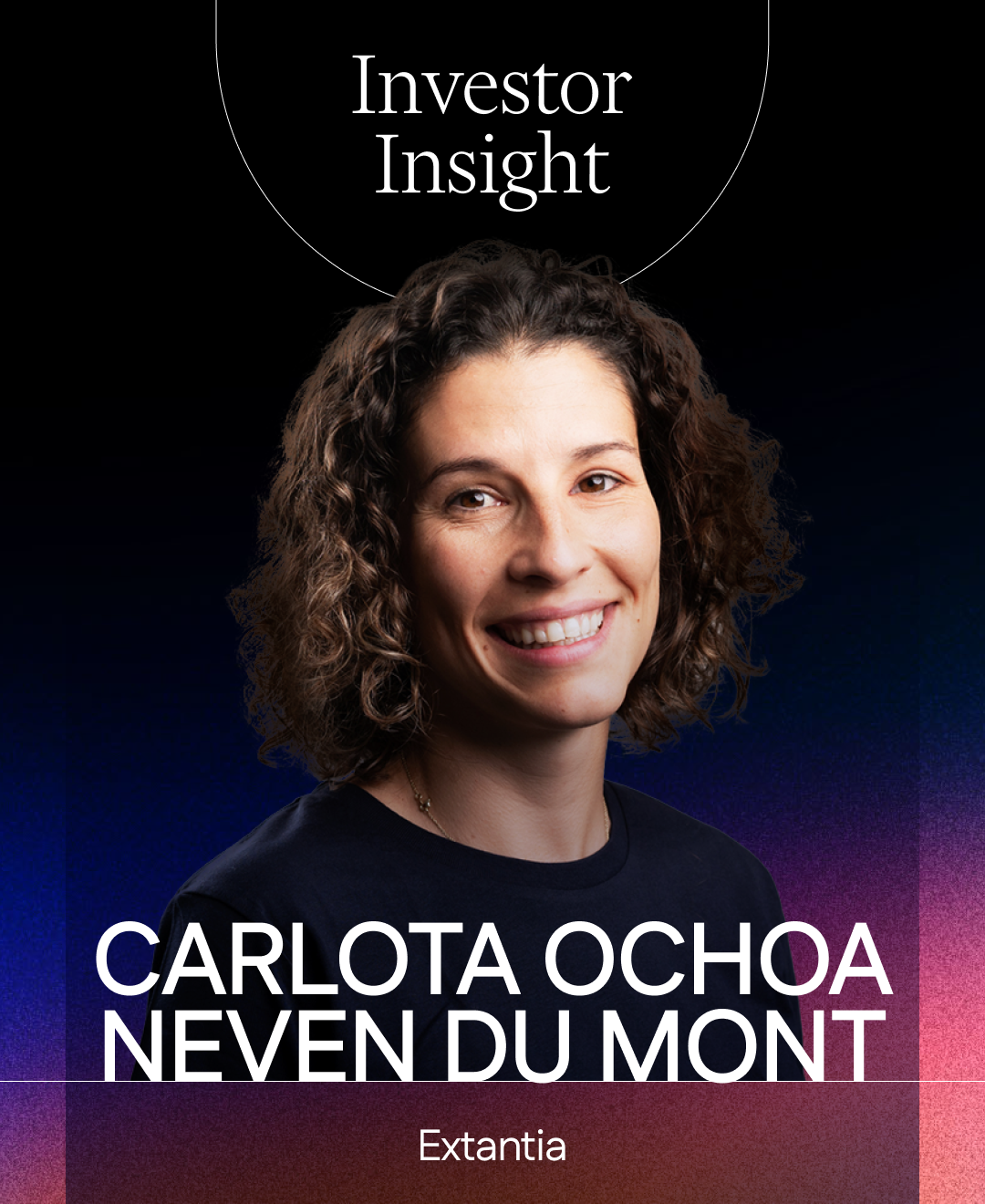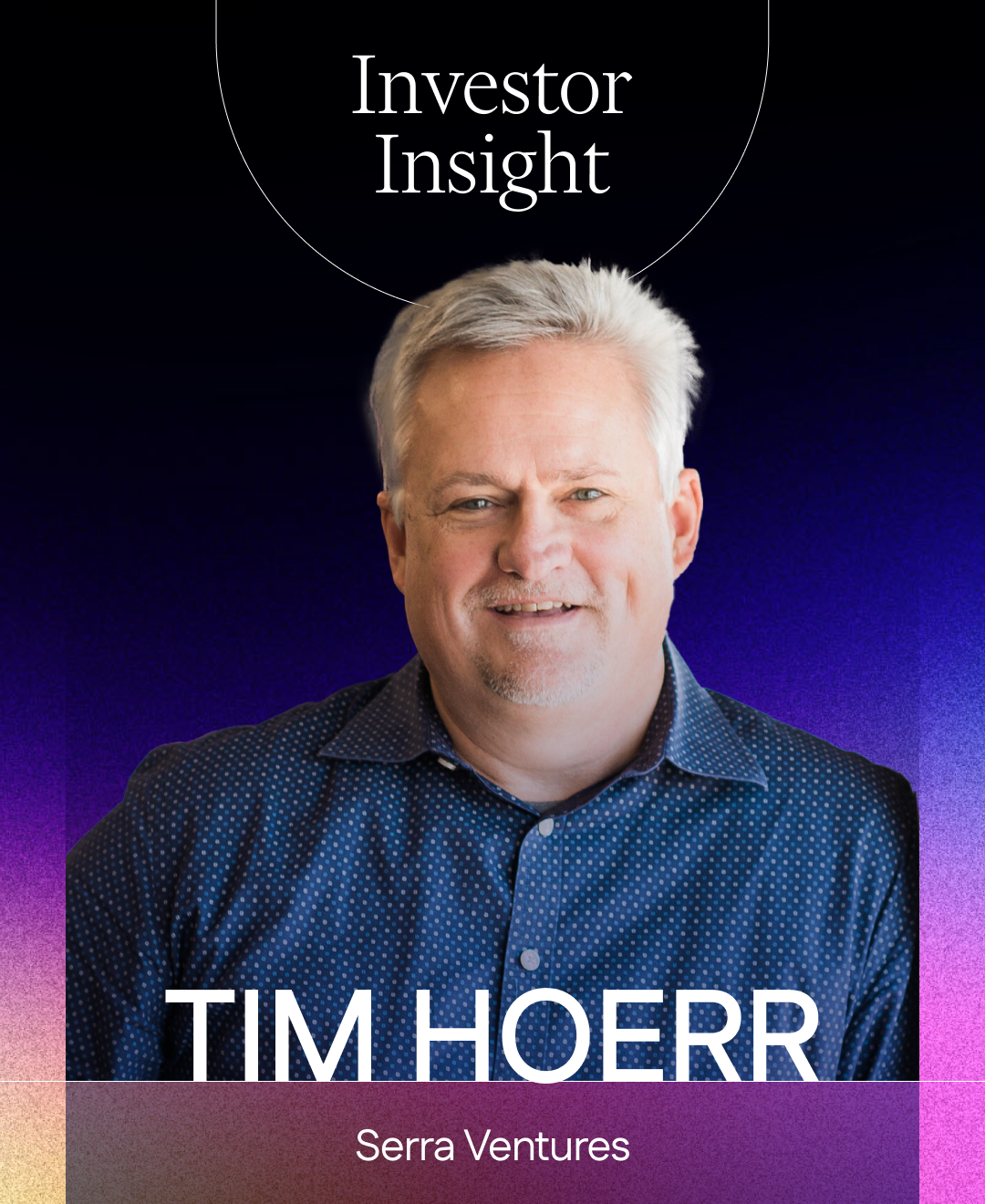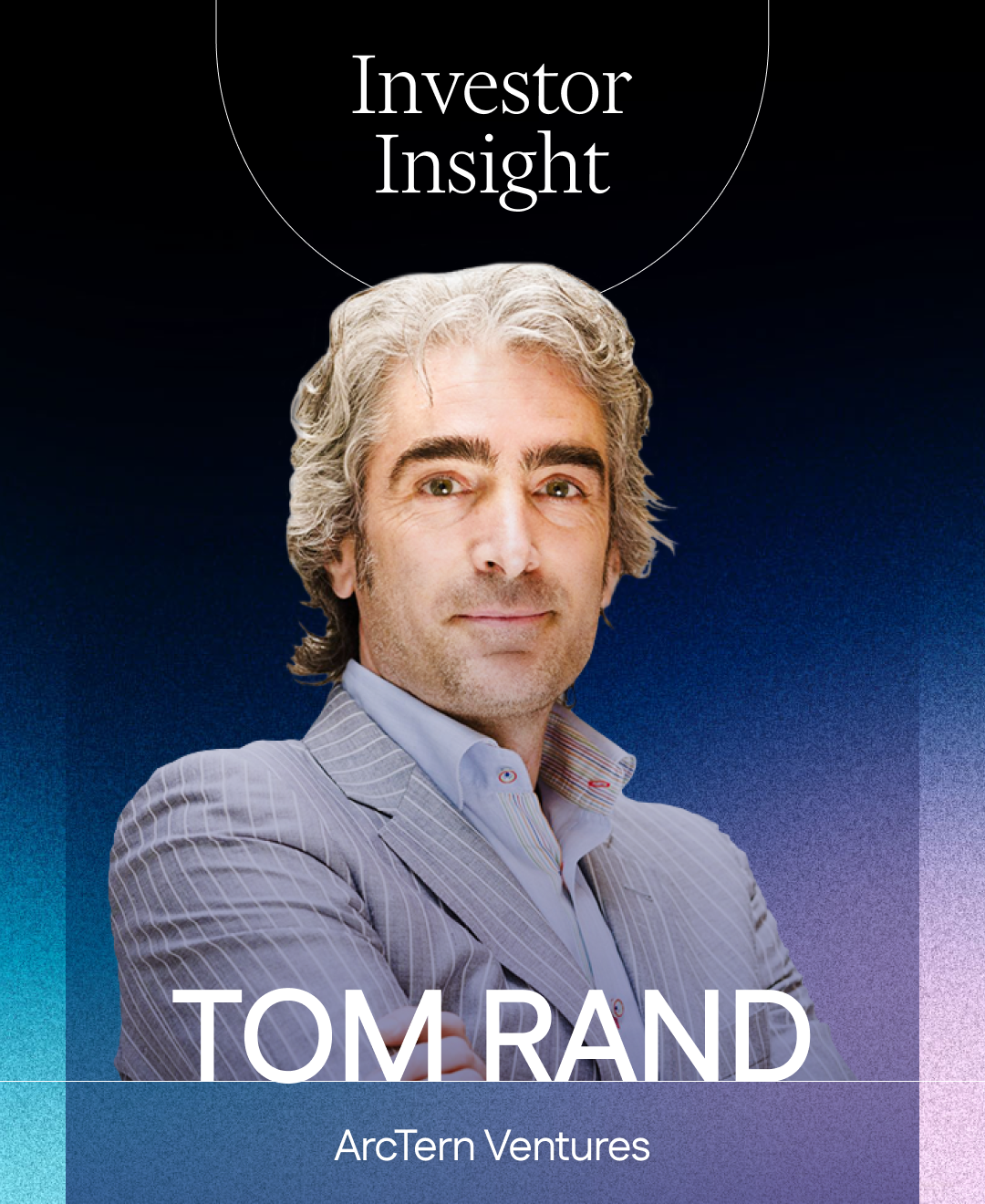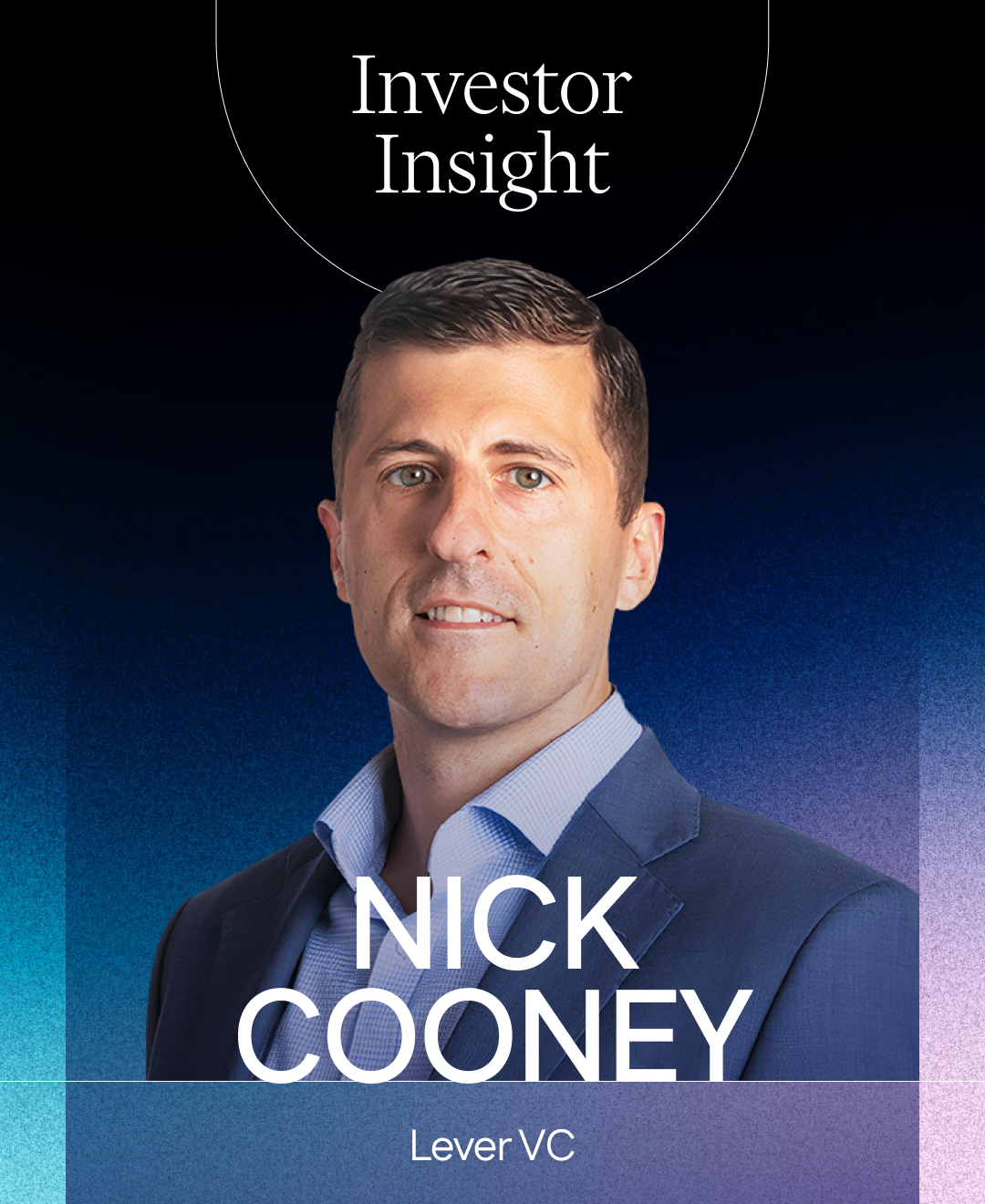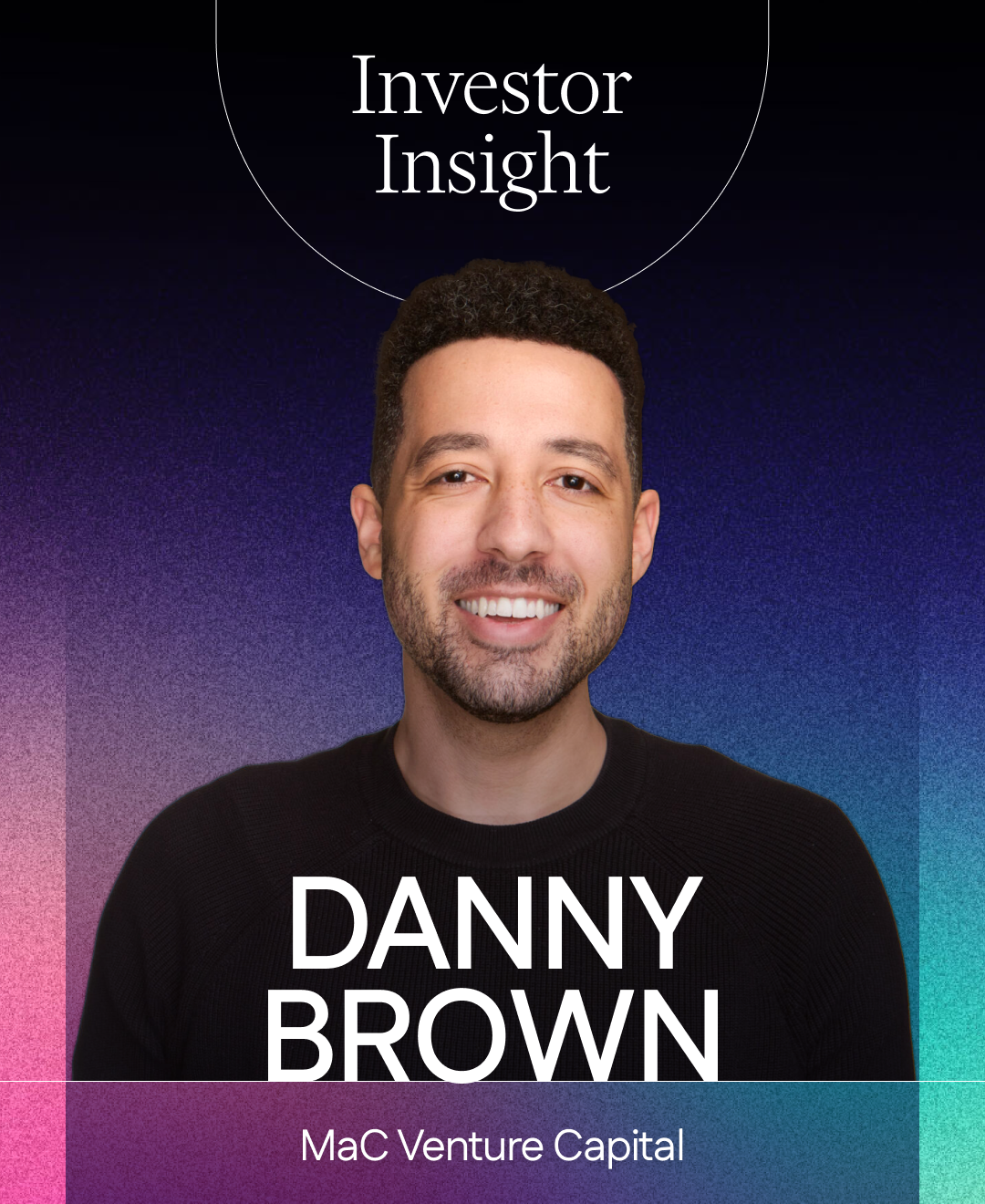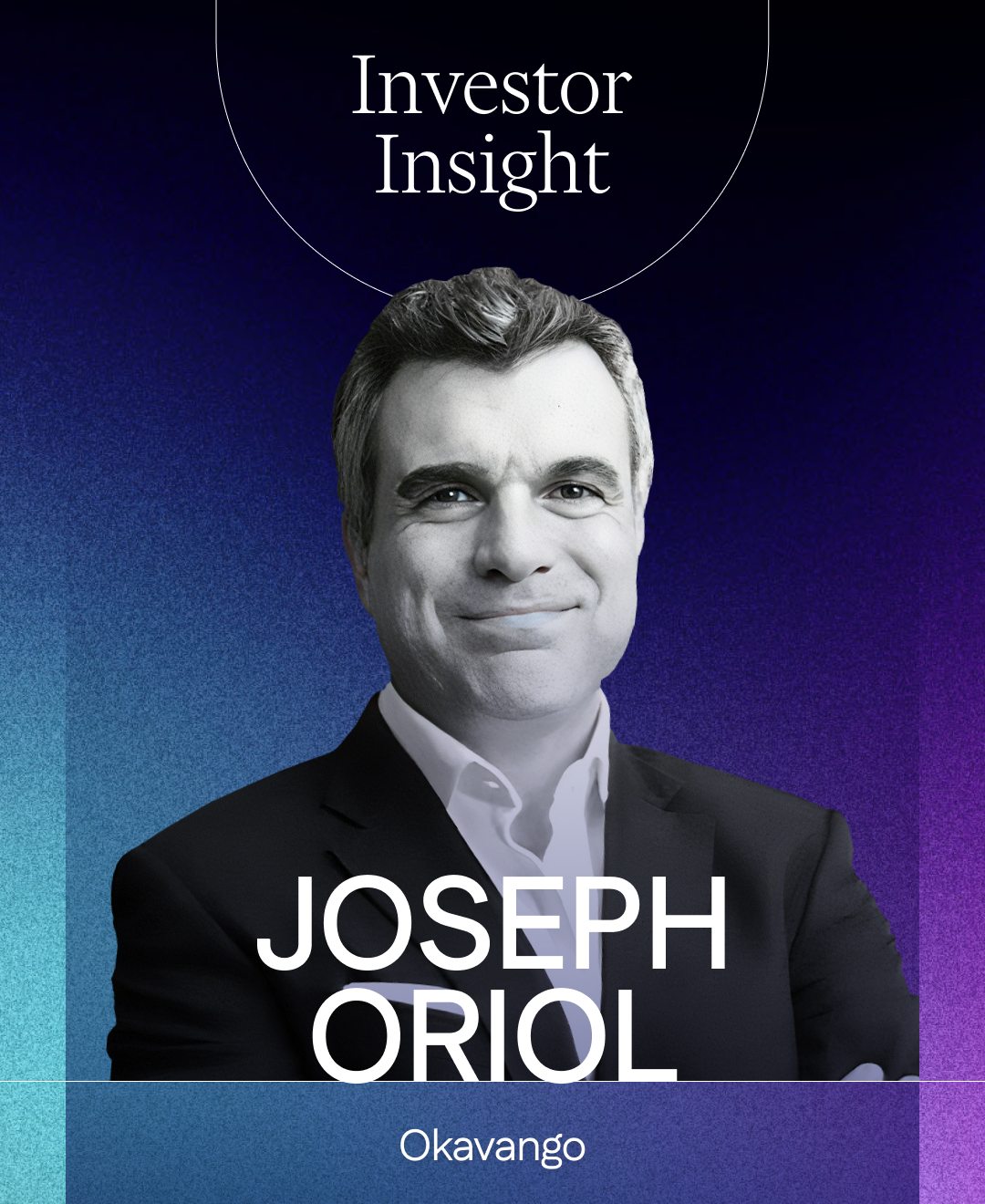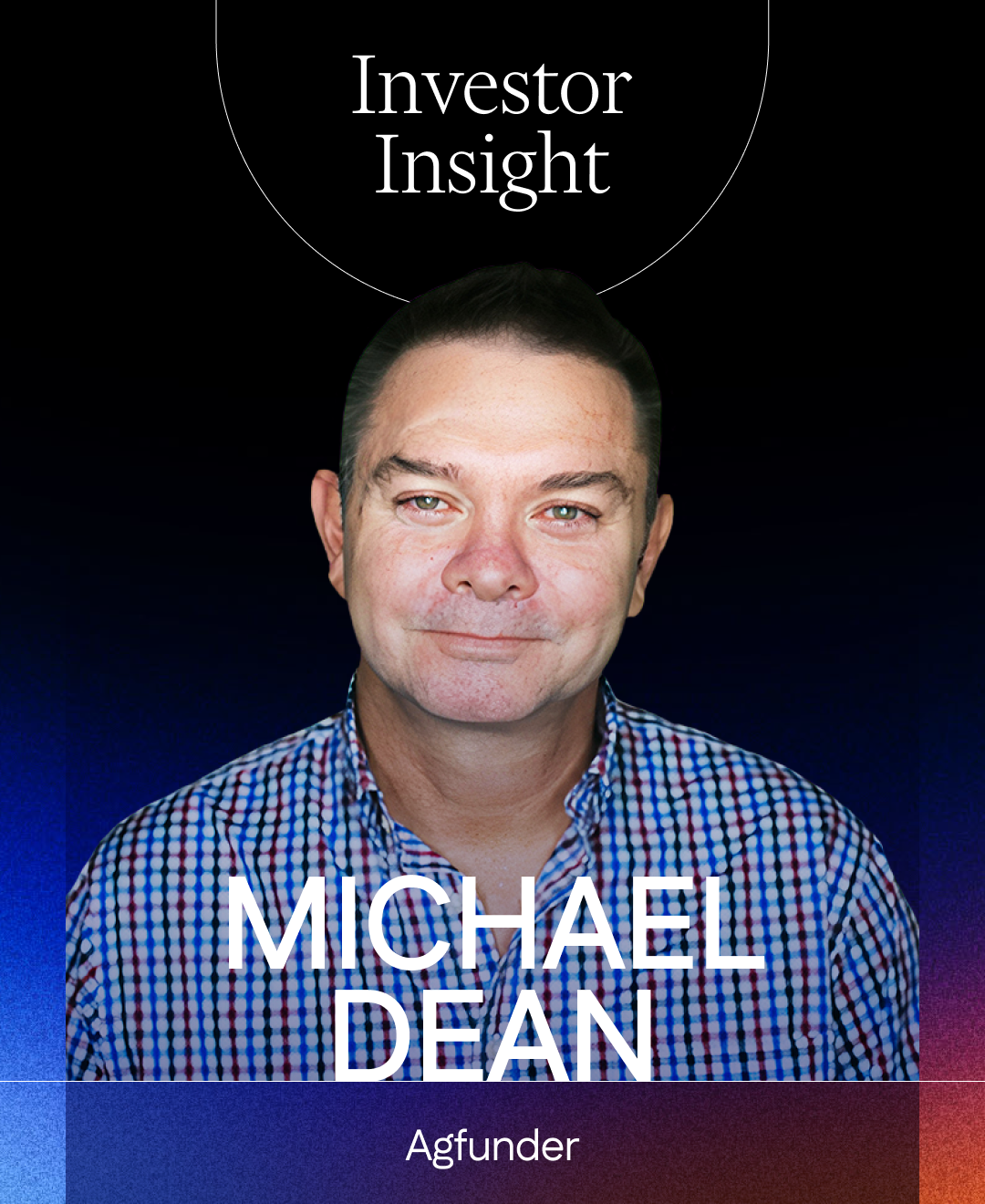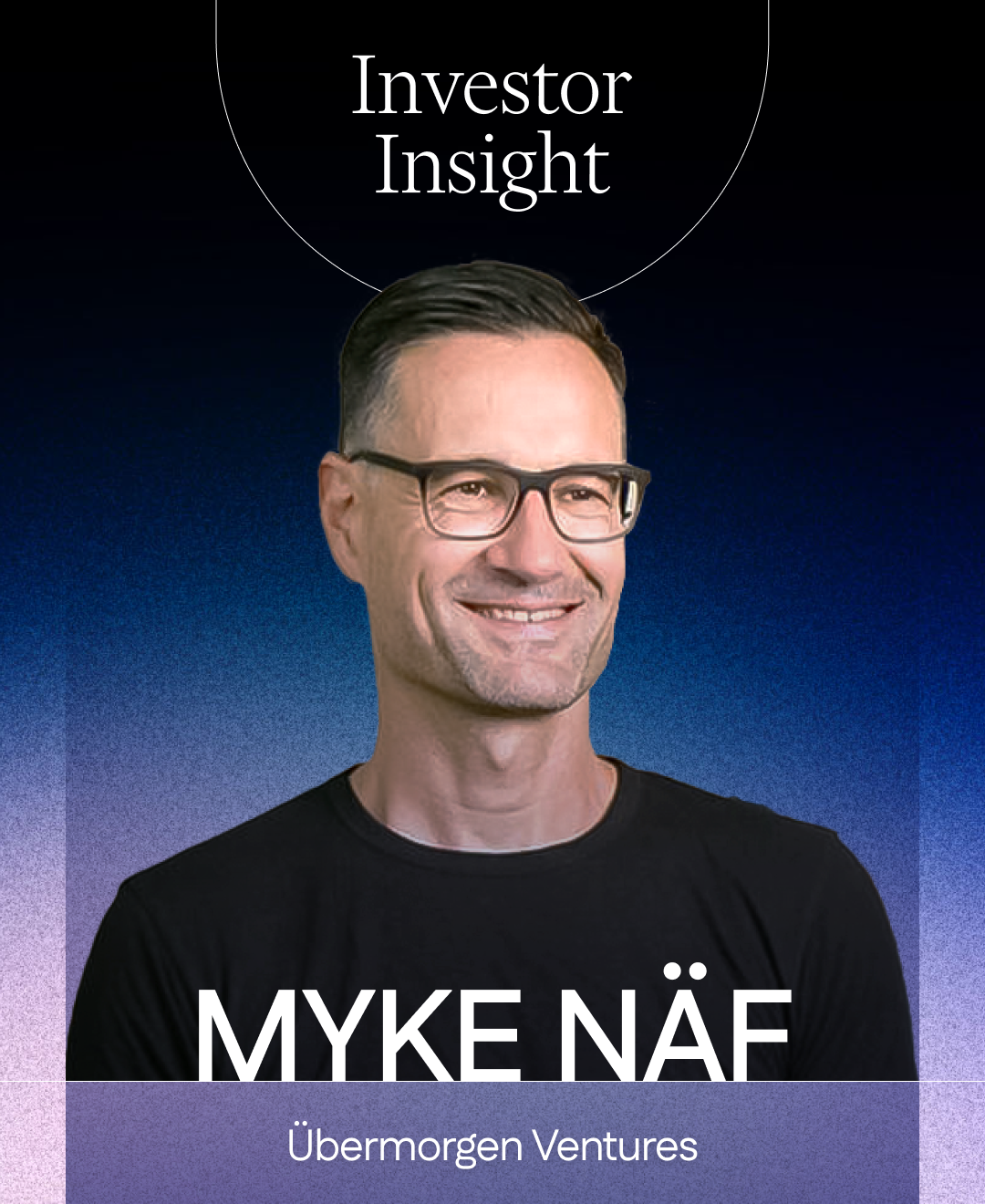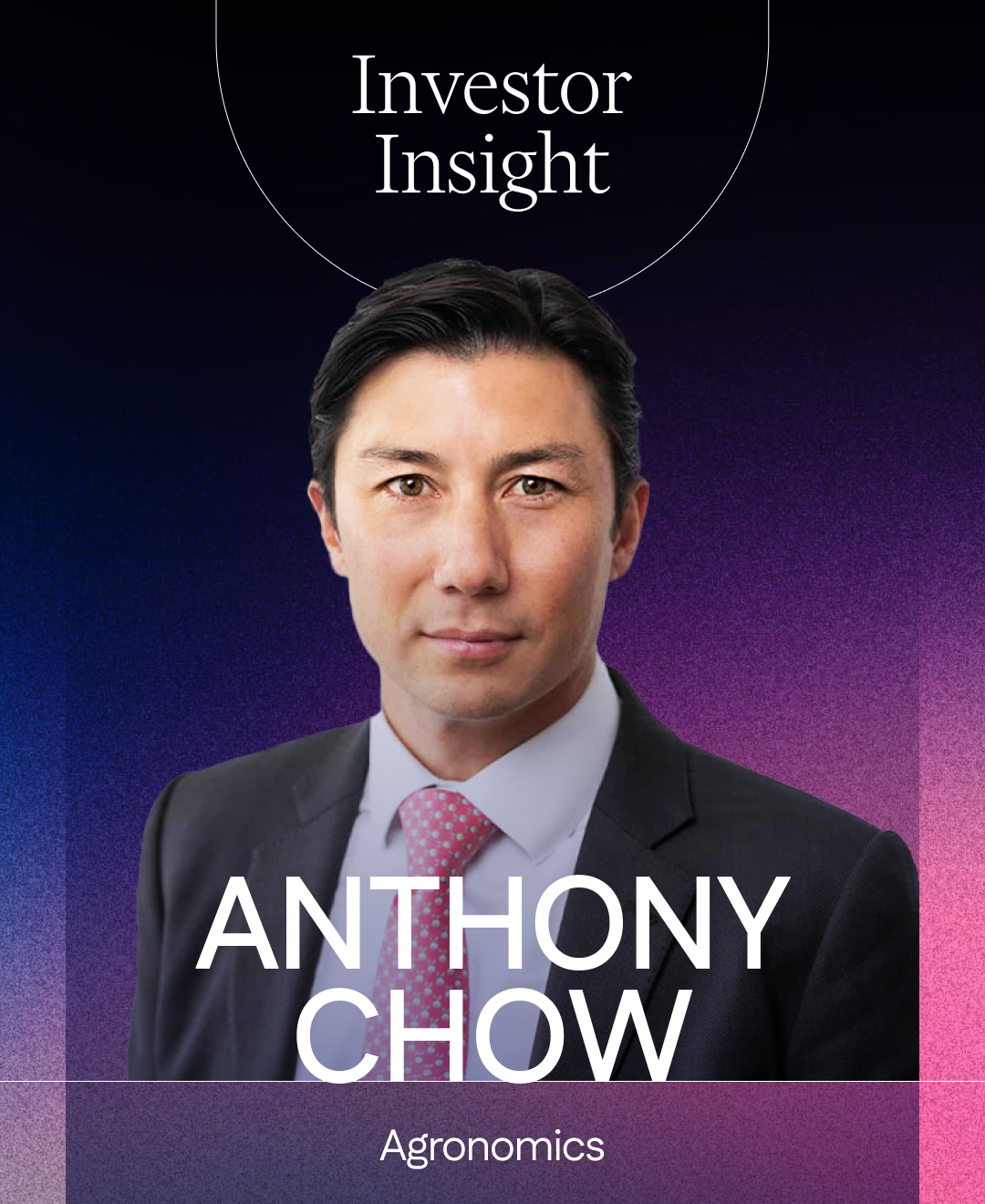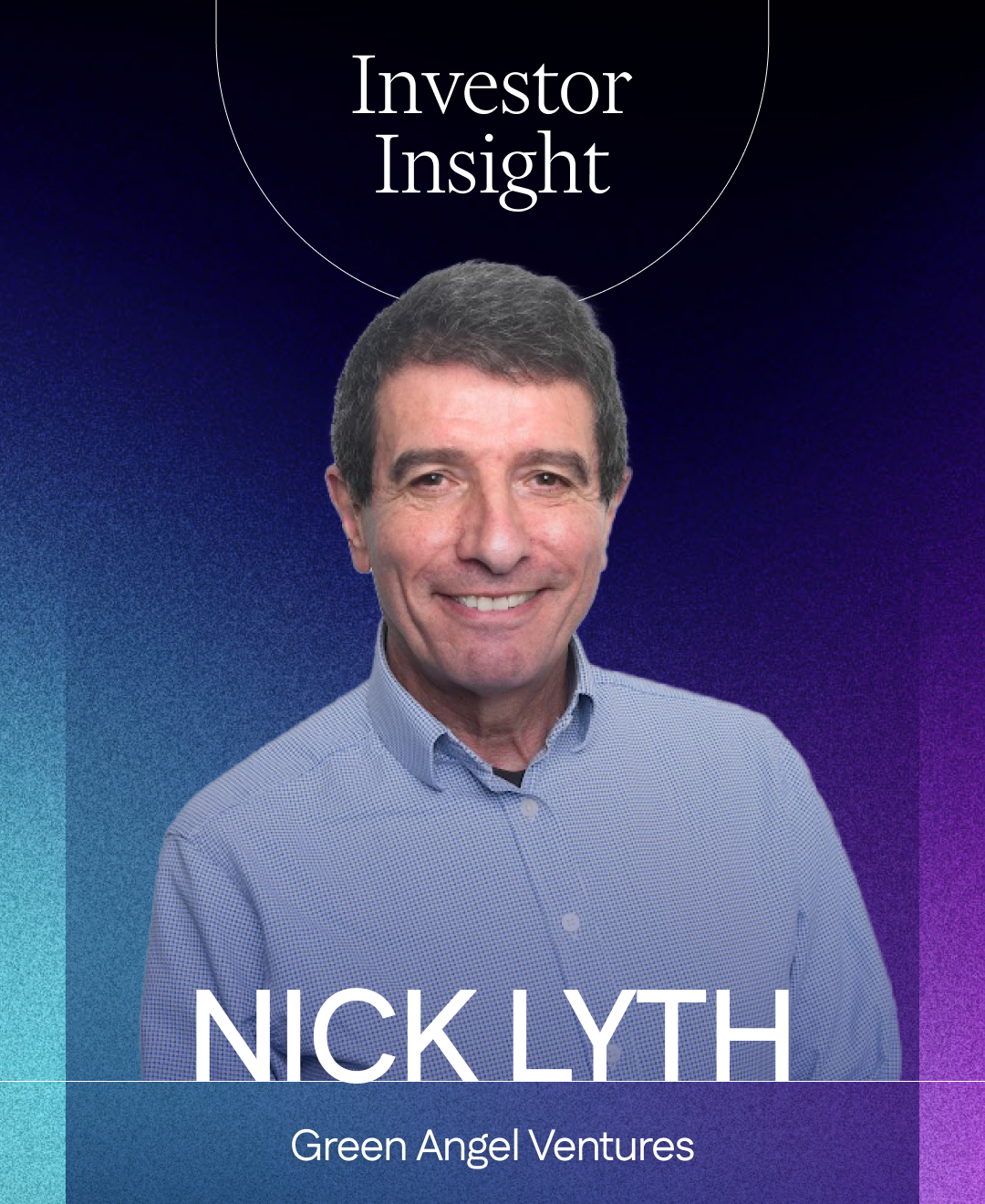
Thank you so much for being here, Jonny. Do you think you could give us a brief introduction to yourself, your company and your investment focus?
I'm Jonny Everett, a British national living in France for the past five years. I'm a Founding Partner at Marble, a venture studio that builds companies solving hard climate problems. We collaborate with scientists, engineers, and operators over a 12-month programme to identify and validate problems, form co-founding teams, and invest in the resulting companies.
Marble, launched in September 2021 in Paris and we aim to build about 20 companies by 2025-2026. We differ from investment funds by focusing on building from scratch and providing initial capital. Our focus areas include carbon removal, decarbonization, and adaptation.
We've completed six companies so far, including projects in ultra-low energy direct air capture, biomineralization for cementitious materials, geologic hydrogen production, methanol production through reactive direct air capture, bio-based ammonia production, and large-scale desert cooling and terraformation.
Do you think you could tell us your investment focus areas for the current year and the rationale behind them?
We focus on solving unsolved climate challenges or radically improving existing solutions. Our approach targets the roughly 50% of technologies needed for net zero that are yet to be developed— what we call breakthrough technology or science.
We're building companies in various areas: converting biomass into battery materials, optimising bioenergy crops, controlling freezing in the food ecosystem to prevent frost damage and reduce energy use, exploring subsurface resources using AI for geothermal, geologic hydrogen, and critical minerals, and producing food without traditional agriculture.
Our upcoming batch will focus on reducing enteric methane from livestock, developing sustainable aviation fuels, exploring new angles in food production without agriculture, investigating new approaches to metals, and exploring different pathways for hydrogen fuel. We're also excited about geothermal energy, though scaling it remains challenging. These areas represent our main focus for the next year or two, aiming to address hard-to-abate emissions and develop crucial technologies for achieving net zero.
In light of recent global economic changes, how have your investment criteria evolved?
As a venture studio, our criteria are somewhat independent of recent economic changes. We build conviction over a 12-month period, co-creating ideas and companies with founders. Our process involves shaping the problem and solution space, then building co-founding teams tailored to the specific challenges we're addressing.
We typically start with one founder who works alone for 4-6 months before bringing in a co-founder. This approach gives us significant influence over the company's direction before we invest, resulting in strong conviction.
We aim to balance our investments across carbon removal, decarbonization, and adaptation to maintain a diverse portfolio. We're aware that certain technologies and markets are facing challenges, which we consider in our future planning. Our structure allows us to be more independent in our decision-making, but we remain conscious of broader market trends and their potential impacts.

What are the key qualities that you look for in a startup?
We primarily focus on the qualities of the founder. We look for individuals with the right mix of technical skills and founder potential to develop something valuable within our studio's support structure.
Our ideal candidates are deeply technical, typically PhDs or postdocs. They may come directly from academia, have industry experience, or bring a mix of technical and commercial backgrounds. We seek those who can get deep into the problem space, co-create novel solutions at unexplored intersections, and ultimately take on a key role (CEO, CTO, or CSO) in the long-term development of the company.
We value the ability to collaborate in ideation and creation, coupled with the technical expertise to tackle complex problems in our areas of interest.
On the opposite side of that then, what founder traits make you immediately say “no”?
Our “Explore” programme's first three months require technical depth for literature review and ideation. Even commercially-oriented founders need a strong technical foundation. We'd immediately reject someone with only a business degree and limited technical experience.
Ideally, we seek founders who could potentially succeed independently, but with our support can achieve even greater success. We aim to be accelerants rather than crutches in their journey. The perfect candidate is one who could build without us, but can build something far better with our assistance.
It's an interesting perspective.
You need people with those raw ingredients. Your job is to make them much better than they could be if they were doing it on their own— and much faster as well.
Could you describe the due diligence process that you use before making an investment?
Our Venture Science team, composed of deeply technical individuals with commercial understanding, leads initial research and opportunity evaluation. They're also deeply involved in technical ideation and validation and work closely with founders. We use our expert network for additional validation and risk management in new areas.
By the programme's end, we aim for strong conviction that we’ve developed a technically feasible pathway. We also ensure the team has identified various approaches to tackle and manage the risks involved in this development cycle.
Before investment, we consider the broader team beyond co-founders, including key advisors and initial hires. We recognize that these complex projects require more than just one or two individuals to succeed.

How do you balance the need for quick decisions and competitive deals with a thorough evaluation?
We don't face traditional competition as we only invest in companies we build. Our main challenge is attracting founders to join us rather than pursuing other options. The worst outcome is inertia— founders not taking action to increase their impact.
We often encounter risk aversion, especially among academic founders. People tend to overestimate risks and underestimate rewards in the startup environment. I advise optimising for upside rather than focusing on downside, as the experience gained is valuable regardless of outcome, particularly for those with strong academic credentials.
What are the most common reasons startups fail after receiving investment and how can these be mitigated?
Most of the time, people underestimate how much space you need to fail and then figure it out. Runway is a huge thing that founders should always try to optimise. It's also important to think about how you can maximise that runway with less expensive capital, like grants, prizes, and even debt (where possible in the early stages). This can extend your runway in a less expensive way than relying solely on equity.
Another thing that founders or early-stage companies struggle with is understanding what are the key things they need to demonstrate and show to unlock the next round of funding. Ultimately, you need technical innovation and effective market integration from the outset.
How important is the scalability of a startup's business model in your investment decision?
We apply a "one percent impact potential" filter to our investments. This means each company, if successful to its greatest potential, should be capable of having a half-gigaton impact on decarbonization or carbon removal, or helping 100 million people adapt to severe climate change impacts.
Given the urgent timeline for addressing climate change in the next 20 years, we prioritise solutions that can scale rapidly and significantly. We believe that achieving our climate goals requires big, nonlinear improvements across various industries and challenges, rather than numerous small wins.
Can you share insights on the importance of diversity and inclusion in the teams that you invest in?
Diversity is incredibly important. More diverse teams yield better outcomes. At Marble, we aim for diversity both in our core team and in the companies we build. Our core team is roughly 50/50 gender-balanced with 10 nationalities represented.

What role does mentorship play in your investment strategy, if any, and how do you support your portfolio companies?
I think for what we're doing, it's a huge part of the thesis. It's about finding the right raw ingredients— background, technical activities, and potential founders— with the right mentorship and support. This helps them transition from wanting to address a huge problem to actually solving it on a larger scale, faster, and more effectively.
We focus on building our network to connect newcomers with experienced individuals who can provide relevant insights. Unlike software, where good advice and mentorship are readily available, climate tech has much less density of this experience. We're excited to help change that, providing better navigation for those on this journey.
How do you view competition in the startups that you invest in? Do you prefer first movers or better movers?
Most of the companies we've built have proxies, making them better movers rather than first movers. We're happy to build differentiated ventures within that class. It depends on how you define "better," but there's usually at least some proxy company, even if they're doing something radical.
What advice would you give to startups seeking investment in the current market?
I think the current market is more risk-averse than it was in 2021. You need to be able to demonstrate more proof points across both the tech and commercial stack, and you need to bring a fuller package of responses, understanding, and insights across both of those things. Also, plan forward as to how you're ultimately going to scale and be two rounds out in your thinking.
What are the emerging technologies or sectors that you believe are under-invested in and why?
I think there could be more people investing in carbon removal specifically. I think there's still a non-trivial group of venture investors in climate who won't touch carbon removal— I think that's a shame. Additionally, I think there are a few people who are seriously thinking about adaptation, but historically, we've seen fewer investors focused on adaptation as a category in and of itself.
How do you foresee the investment landscape evolving in the next few years?
We've seen a big correction in 2021, but things are improving, and capital is being invested again. Investors are now more cautious about round sizes and valuations, avoiding the over-inflated numbers from that period. Such inflated valuations hurt everyone in the ecosystem. Reviving the exit market, even in non-climate areas like software, would boost confidence and support the scale-up capital needed for climate tech. While the early stage in climate tech is well-supported, the middle stage is more challenging at the moment.
What is one thing people believe about investing that is completely wrong?
At the early stage, people often focus too much on potential future risks, trying to quantify and get green lights for everything. However, the fundamental questions should be: Do you believe this is a problem worth solving? Do you believe there's a solution? And do you believe these individuals can find it?
Which is more important, a great idea or a great team?
I would have to say a great team. There's a number of companies and ideas where if they could change what they were working on a bit, it could be much more impactful. But ultimately, a great team will beat someone with a great idea and a bad team.

Which tech solution do you think is harming the planet more than helping?
It's not really a tech solution, but the fact that the US classifies natural gas as a renewable resource is counterproductive when thinking about the energy transition.
I don't think it's necessarily a tech solution, but another example is using direct air capture to then use CO2 for enhanced oil recovery. It still blows my mind. And I think efforts to electrify heavy vehicles or planes aren’t going to work, period.
You don't need an electric Hummer.
You don't need an electric Hummer, and I don't think you'll ever have an electric plane that flies from London to New York. We should invest more heavily in alternative fuels.
Which sector within climate tech will become obsolete in the next decade, if any?
I hope what will become obsolete is low-quality, badly verified carbon credits. I hope that the market and those technologies will become obsolete.
Which is more important for saving the planet: technological innovation or regulatory changes?
Regulation is very important. New technology doesn't compete on a level playing field. For example, achieving carbon-neutral fuel replacement doesn't consider the true price of oil and gas, excluding environmental costs, and these industries have long benefited from subsidies.
Clean meat faces a similar issue. Despite its current technical challenges, it also faces uphill challenges on cost— a real burger's true cost isn't 99 cents. It’s 99 cents due to subsidies. The regulatory landscape incentivizes certain behaviours and makes products artificially cheaper, complicating the technological requirements to replace them at the same price point.
Effective climate regulation would unlock many technological solutions. This means accounting for the true cost of production, without hidden subsidies, not only providing subsidies or tax breaks for climate efforts.

What role should major corporations play in the fight against climate change?
They certainly have a big role. Part of it involves integrating with and supporting early-stage companies. Can they be their first customer or buyer of services? Can they dedicate capital to show conviction in these technologies and help them through tough early stages? Additionally, corporations need to critically assess whether their actions are truly substantive or just marketing.
Right. Greenwashing is a scourge that we’ve all got to be aware of: thank you for that reminder. And with that, we’re at the end of our interview, Jonny. I want to thank you very much, on behalf of myself and the Brighter Future team, for spending some time with us today. Your perspective has been fascinating, and will be extremely helpful for some of our readers. We wish nothing but the best for Marble and your portfolio in the months and years ahead!
To learn more about Marble, please see www.marble.studio.
Let’s Start Building Your Story
Book a call or email us at mission@brighterfuture.studio to begin crafting your inside-out narrative.



